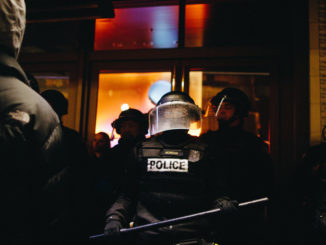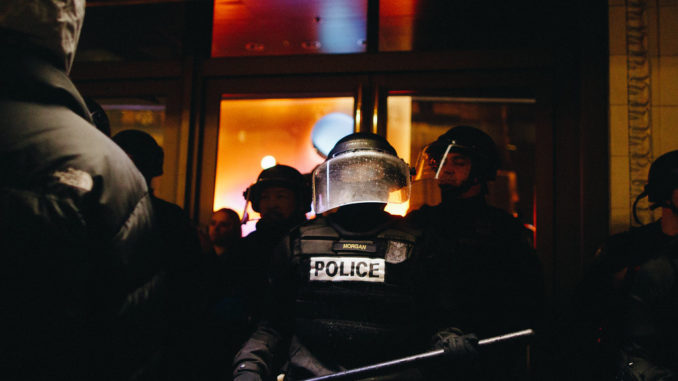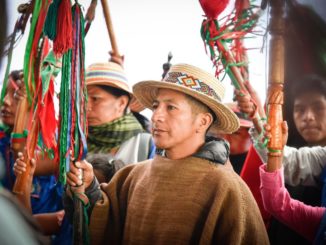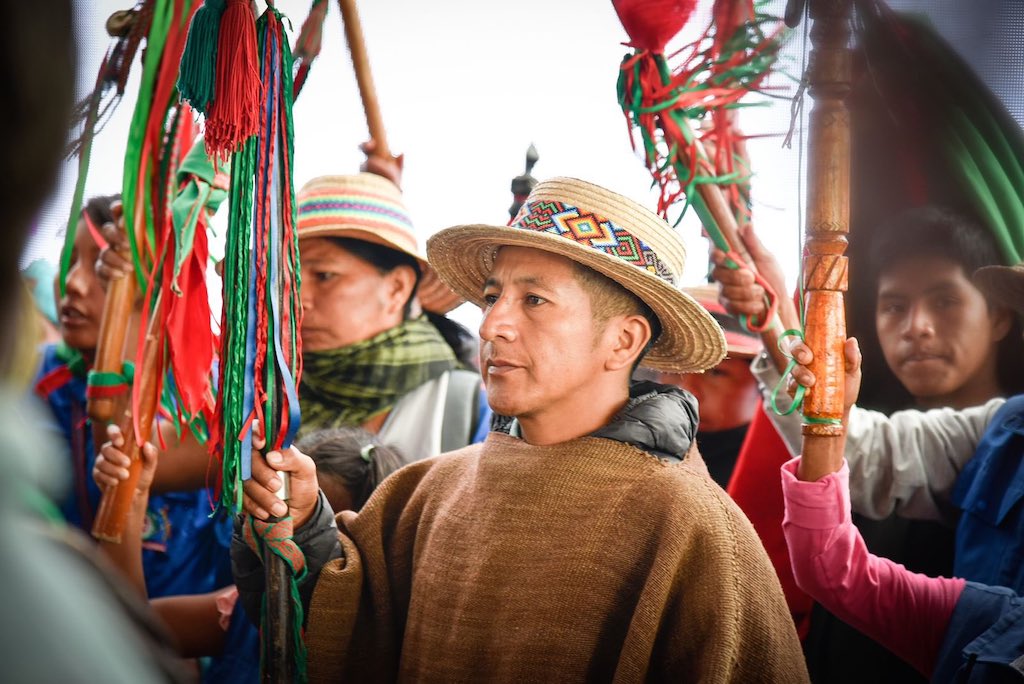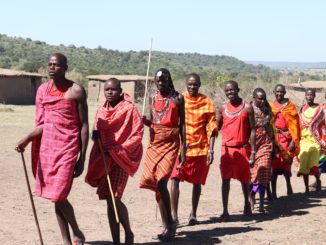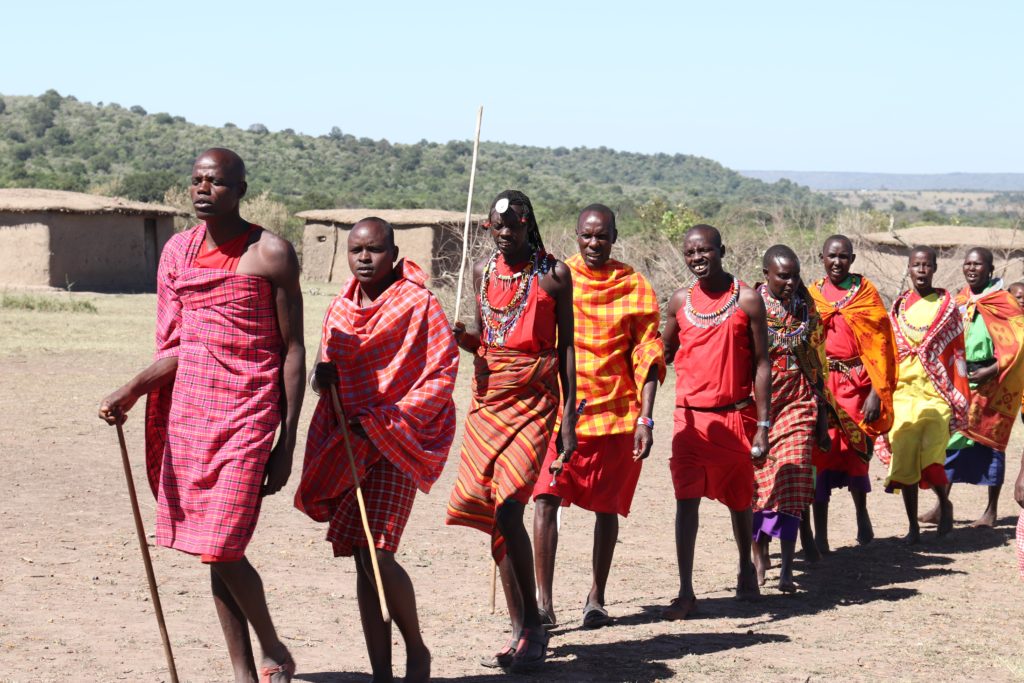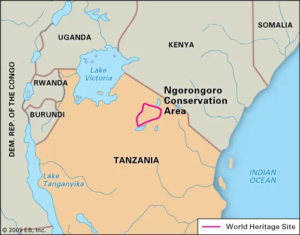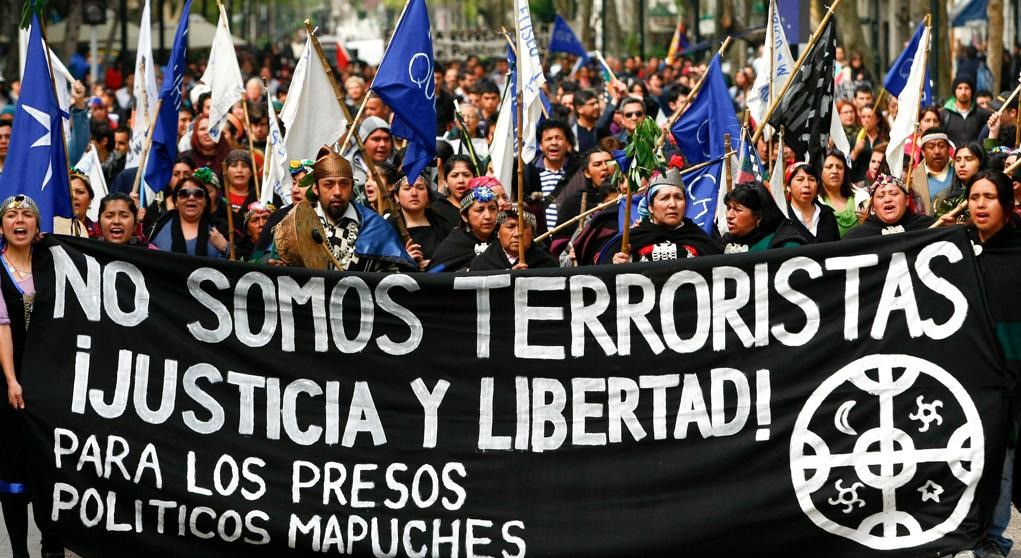
On July 9, security guards shot a 24-year-old man on the premises of forestry company Forestal Mininco in the city of Carahue in Chile’s Araucanía region in what the Chilean media described at the time as an “armed confrontation.”
Pablo Marchant Gutiérrez, a Chilean anthropology student who had joined the indigenous Mapuche people’s struggle for autonomy and recuperation of ancestral lands, was found dead after what appeared to be an execution.
Marchant’s killing is the latest incident in the conflict between Mapuche communities and Forestal Mininco, which has been accused of human-rights abuses during violent land evictions in Wallmapu. That is the Indigenous name of the Mapuche people’s ancestral home, which encompasses the southern cone of South America that is divided between the modern states of Chile and Argentina. Because Mapuche culture is tied to the land, its medicinal plants, as well as geographical elements such as lakes, rivers and forests, denying the Mapuche people the right to live there is tantamount to genocide, per the United Nations’ definition.
However, between former U.S.-backed dictator Augusto Pinochet’s terror laws being used to criminalize Mapuche elders and activists, the United States and the United Kingdom arming Chile’s security forces, and the failure of international agencies to treat the Mapuche conflict with urgency, the West appears complicit in the genocide of the Mapuche people.
Questioning Authorities
Not satisfied with the official accounts of events, Marchant’s family requested forensic investigations, from which a sinister picture emerged of what had happened on Forestal Mininco’s premises.
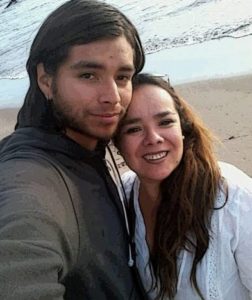
The investigation found Marchant was shot in the back, contradicting the police’s account that Marchant had threatened officers with a M16 assault rifle. The report stated he was killed “on his knees” with his head inclined towards the floor, and that his injuries were consistent with that of an execution.
Neither the police nor prosecution services informed Myriam Gutiérrez, Marchant’s mother, of her son’s death. Instead, the Mapuche community relayed the news. Afterward, Legal Services of Temuco—another city in the Araucanía region—called Gutiérrez, saying she needed to be present at the autopsy. However, when Gutiérrez arrived, she wasn’t allowed in the facility.
“To this day, five months on, there has been no form of justice against those who have protected my son’s murderers,” Gutiérrez told Toward Freedom. “I must also point out that these cases are never resolved because the state does not recognize these [recuperation] acts as legitimate—instead, they qualify them as ‘terrorist actions.’”
Toward Freedom contacted Forestal Mininco, the Chilean consulate in London, and Chile’s Interior and Security Ministry, but they did not respond as of press time.
Human Rights Violations

Not long after Marchant’s death, President Sebastian Piñera announced on October 12 a state of emergency in response to escalating tension in the southern regions of the Andean country. Over 1,000 troops are deployed in the Araucanía region, armed with drones, tanks and anti-riot weaponry. The central Chilean region is known for its virgin forests.
Less than a month into the military occupation, security forces opened fire at a roadblock, killing one Indigenous man and injuring several others, including a 9-year-old girl.
Despite the frequency and severity of the violence, political persecution and racism Mapuche communities face have failed to prompt an appropriate response from international agencies. Free from international intervention, Chilean security forces have been able to kill, evict and arrest Mapuche people with complete impunity, all with an eye to protect the interests of industries operating out of contested Indigenous land. This comes despite Chile being a signatory to the 1989 Indigenous and Tribal Peoples Convention of the International Labour Organization (ILO Convention 169) and the United Nations Declaration on the Rights of Indigenous Peoples. Chile is the only Latin American country that does not recognize the existence of Indigenous peoples in its constitution.
“What the state is doing is colonial domination against the Mapuche people via a repressive genocidal political agenda, in turn denying their right to exist as an autonomous Mapuche nation,” Gutiérrez said. “Pablo knew and understood that people were being repressed and that they had been banished from their land in a brutal and repressive manner.”
Subsidizing Corporations
Chile currently holds the largest planted area of Pinus radiata, or Monterey pine trees, in the world. These fast-growing, medium-density softwood trees are known for their versatile uses, ranging from constructing homes, cabinets, boats and furniture to acting as a noise buffer in residential areas.
The Mininco and Arauco forestry companies own over 2 million hectares (4.94 million acres) of forest and supply 400 different products in approximately 80 countries, including wood chips for paper pulp production.
The forestry sector’s success can be attributed to state subsidies and land grabs facilitated during Augusto Pinochet’s time as the U.S.-backed dictator following the 1973 coup. Pinochet’s extractivist policies ensured more than $800 million in Chilean tax money funded the sector. Large swathes of land previously belonging to the Mapuche people, peasant farmers and state-owned agencies, such as CORFO (Chile’s economic development agency), were seized and handed to Pinochet’s inner circle, including Julio Ponce Lerou, his son-in-law.
Today, Mapuche attempts to recover ancestral land via land reclamations are met with brutal evictions and violent attacks that sometimes claim the lives of their leaders, Reynaldo Mariqueo, director of UK-based NGO Mapuche International Link, told Toward Freedom.
“Though most political parties recognize that the conflict with Mapuche people is political and not military, they continue to ignore demands for restitution of their lands, autonomy and self-determination,” Mariqueo said.

Western Complicity
The military occupation of Araucanía would not be possible without the support of the international arms industry. Multiple human-rights NGOs, such as Amnesty International and Human Rights Watch, decrying human-rights abuses that took place during the 2019-20 social unrest dubbed “El Estallido.” Yet, countries such as the United States and the United Kingdom have continued to supply arms to Chile, whose military expenditure is one of the highest in the world, making up around 1.9 per cent of GDP.
In February, the Biden administration’s first foreign arms sale was to Chile. The $85 million package included:
- 16 SM-2 block IIIA rail-launched missiles,
- two MK 89 Mod 0 guidance section adapters,
- one target-detection device kit,
- Mod 14 naval guns systems, and
- associated training and supplies.
The UK also has armed Chile’s repressive military forces. A Freedom of Information request by British newspaper Byline Times found 50 percent of the £164 million ($217 million USD) worth of arms licenses sold to Chile since 2008 had been granted during 2019-20. This included so-called “non-lethal” weapons, such as smoke canisters, tear gas and other riot-control agents. Those tools were turned on more than 500 Chilean people who lost sight in one or both eyes. A similar tactic had been deployed during the 2019-20 Yellow Vests uprisings in France.
Genocide for Profit
None of the Chilean government administrations since the 1989 transition to democracy have challenged the might of forestry companies in Araucanía.
Whether left-leaning like Michelle Bachelet or extreme-right like Sebastian Piñera, the conflict rages on to the detriment of Indigenous people. It was Bachelet who commissioned the FBI to investigate the existence among Mapuche activists of terror cells linked to guerrilla groups like the Revolutionary Armed Forces of Colombia (FARC) and Basque Fatherland and Liberty (ETA). And it was Bachelet who conceived special unit Comando Jungla, a special military force trained in the Colombian jungle to combat alleged terrorism and narcotics operations in Chile.
“The militarization of the region continues, giving carte blanche to commit all kinds of atrocities against those communities peacefully struggling for the right to live on ancestral land,” Mariqueo said.
Meanwhile, Gutiérrez said her son only sought to help defend Wallmapu.
“He wanted to be among, collaborate and live like a Mapuche.”
Carole Concha Bell is an Anglo-Chilean writer and Ph.D. student at King’s College London.

